About the Award
The Lifetime Achievement Award is given to the Academy Fellow who has, in the judgment of the Academy Board, contributed significantly and enduring to the scientific and theoretical foundations of intercultural research throughout his/her career. Selection is made by a committee of Fellows appointed by the Academy Board. The award is made at the biennial conferences of the Academy.
The Prize
The awardee is normally invited to give a plenary address during the Academy’s biennial conference, after which he/she is given an honorarium for US$500.00. Also, the fee is waved for the conference at which the plenary address is given. The next award will be given in 2025 during the Academy’s conference in Brisbane, Australia.
Nominate for the Award
Who can nominate?
Only current members of the Academy can make a nomination. And only current Fellows of the Academy can be nominated.
What should be included in nomination submitted?
- The nominee’s curriculum vita (CV)
- A statement by the Nominator regarding the qualities that make the Nominee worthy of the award.
Where should nomination be sent?
Nominations should be submitted to the Selection Committee Chair, David L. Sam (
Submission deadline
The deadline for submission of nomination is 30 December 2024.
The Conflict of Interest Statement for this award can be found in the next tab
Conflict of Interest Statement
LIFETIME ACHIEVEMENT AWARD COMMITTEE
Statement on Conflict of Interest
The International Academy for Intercultural Research (IAIR) seeks to honour and recognize an Academy Fellow who has, in the judgment of the Academy Board, contributed significantly and enduring to the scientific and theoretical foundations of intercultural research throughout his/her career. Selection is made by a committee of Fellows –Lifetime Achievement Award Committee (LAAC) appointed by the Academy Board. The award is made at the biennial conferences of the Academy.
The Award is given out once every 2 years. Approximately 6 months prior to the IAIR Biennial conference, a call for Award nomination is put out and nomination can ONLY be made by current members of the Academy. ONLY current Fellows of the Academy can be nominated. The nomination includes (i) the nominee’s curriculum vita (CV) and (ii) a statement by the Nominator regarding the qualities that make the Nominee worthy of the award.
This circle of research is small compared to other disciplines, and academic scholars who study this field almost always have co-published, supported the career of several other scholars, or have had some close interactions with other scholars on a similar topic. It is therefore crucial that the evaluation process for the Lifetime Achievement Award (LAA) be conducted in a professional manner that is objective, fair, and transparent. The LAAC members are required to evaluate all nominations in a manner that is professional and honourable.
Prior to the evaluation, all LAAC members must declare a Conflict of Interest (COI), if (i) they know of any of the nominees personally, or (ii) whether they had previously or are currently working jointly on any research projects and/or publications. The COI declaration is not intended to disqualify automatically a committee member affected by (i) and/or (ii). The goal of this declaration is to hold individual committee members accountable for their judgement, such that it is unbiased and visible to all. The disclosure on COI must be made to the Chair after receiving the nominees’ documents, but before the evaluation commences. At that point, the chairperson will make a decision as to whether the declared COI is serious enough for the committee member to recuse themselves from the evaluation process or whether to allow participation in the evaluation process while noting the declared COI and considering its impact upon the decision-making process.
All LAAC members shall provide to the Chair details of his or her assessments and benchmarks used in evaluating the nominee’s documentations, and the criteria used to reach their decision.
The Chair of the committee would also ascertain that none of its members is a Nominator of a Nominee. If a Nominator is a member of LAAC, this member has to recuse him/herself from the entire evaluation process. Depending on the number of LAAC members affected by this condition, the EC is obliged to appoint one or two ad-hoc committee members to join in the evaluation process.
Given the Executive Council is required by the by-laws to approve the designee(s) of this award, there exists the potential for a conflict of interest. In the event that a member of the Executive Council has a conflict of interest, then they must declare that conflict of interest and abstain from the approval vote by the Executive Council.
Current Awardee
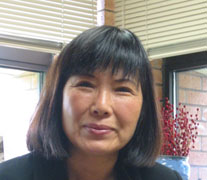
Young Yun Kim
Young Yun Kim is Professor of Communication at the University of Oklahoma. Born and raised in Seoul, South Korea, Kim completed her Ph.D. degree (1976) in Communication from Northwestern University. She has since published 12 books and over 120 journal articles and book chapters. Among the leadership roles she has played in academic organizations are: Chair of the Intercultural Communication Division of the National Communication Association (NCA) and of the International Communication Association (ICA), and a founding Fellow and President (2013-15) of the International Academy for Intercultural Research (IAIR). Kim was named an ICA Fellow (2002) and is a recipient of the Top Scholar Award for Lifetime Achievement (2006) from the ICA. Kim’s research efforts have produced two interdisciplinary theories: (a) the Integrative Communication Theory of Cross-Cultural Adaptation and (b) the Contextual Theory of Interethnic Communication. Each of these theories represents its target phenomenon as a multidimensional and multifaceted communication system, in which the individual (the “figure”) and the surrounding environment (the “ground”) are conjoined as a system of “organized complexity.” Book-length versions of these theories are presented in Becoming Intercultural: An Integrative Theory of Communication (2001) and Crossing Ethnic Boundaries: The Contextual Theory of Interethnic Communication (in progress).
Previous Awardees
 |
2021 Jan Pieter van Oudenhoven |
 |
2021 |
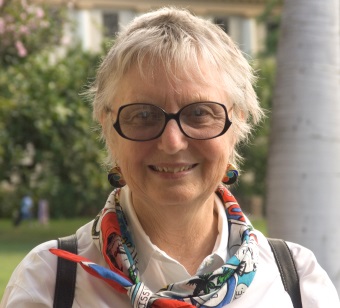 |
2019 Dr. Elaine Hatfield Professor, University of Hawaii |
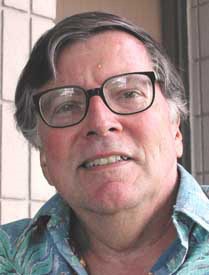 |
2017 Richard Brislin Professor Emeritus University of Hawaii at Manoa |
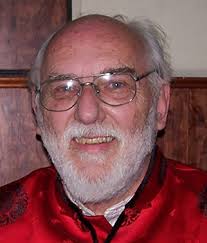 |
2015 |
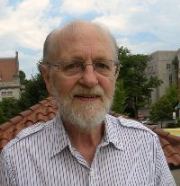 |
2013 David Heise Indiana University |
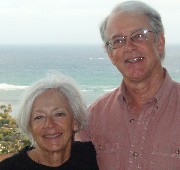 |
2011 Cookie and Walter Stephan Emeritus Professors New Mexico State University |
 |
2011 Paul Pedersen Emeritus Professor Syracuse University |
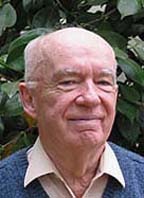 |
2009 Thomas Pettigrew Research Professor, University of California, Santa Cruz, USA |
 |
2009 Tony Marsella Emeritus Professor, University of Hawaii, USA |
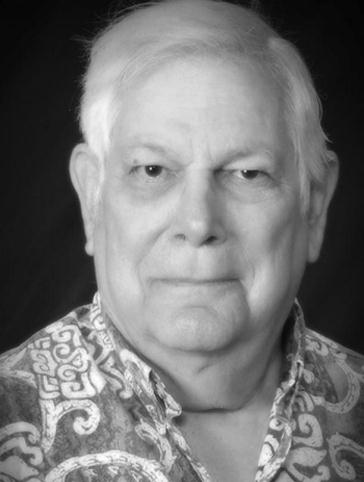 |
2006 Dan Landis, Emeritus Professor of Psychology (University of Mississippi) Emeritus Dean, College of Liberal Arts (University of Mississippi) Affiliate Professor of Psychology, University of Hawaii, Hilo and Manoa |
 |
2005 John Berry Emeritus Professor, Queens University, Canada |
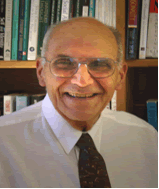 |
2004 Harry C. Triandis Emeritus Professor, University of Illinois |
